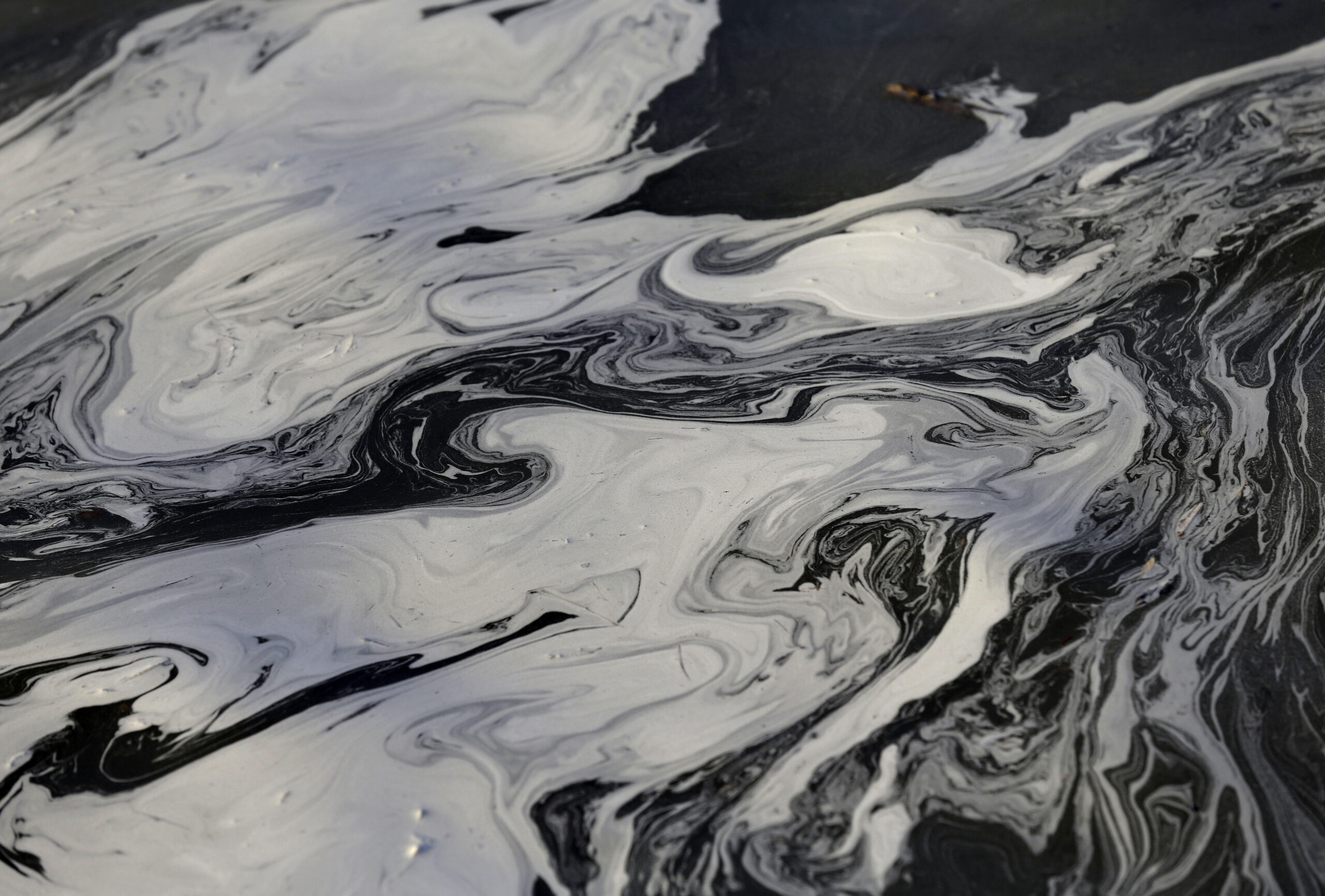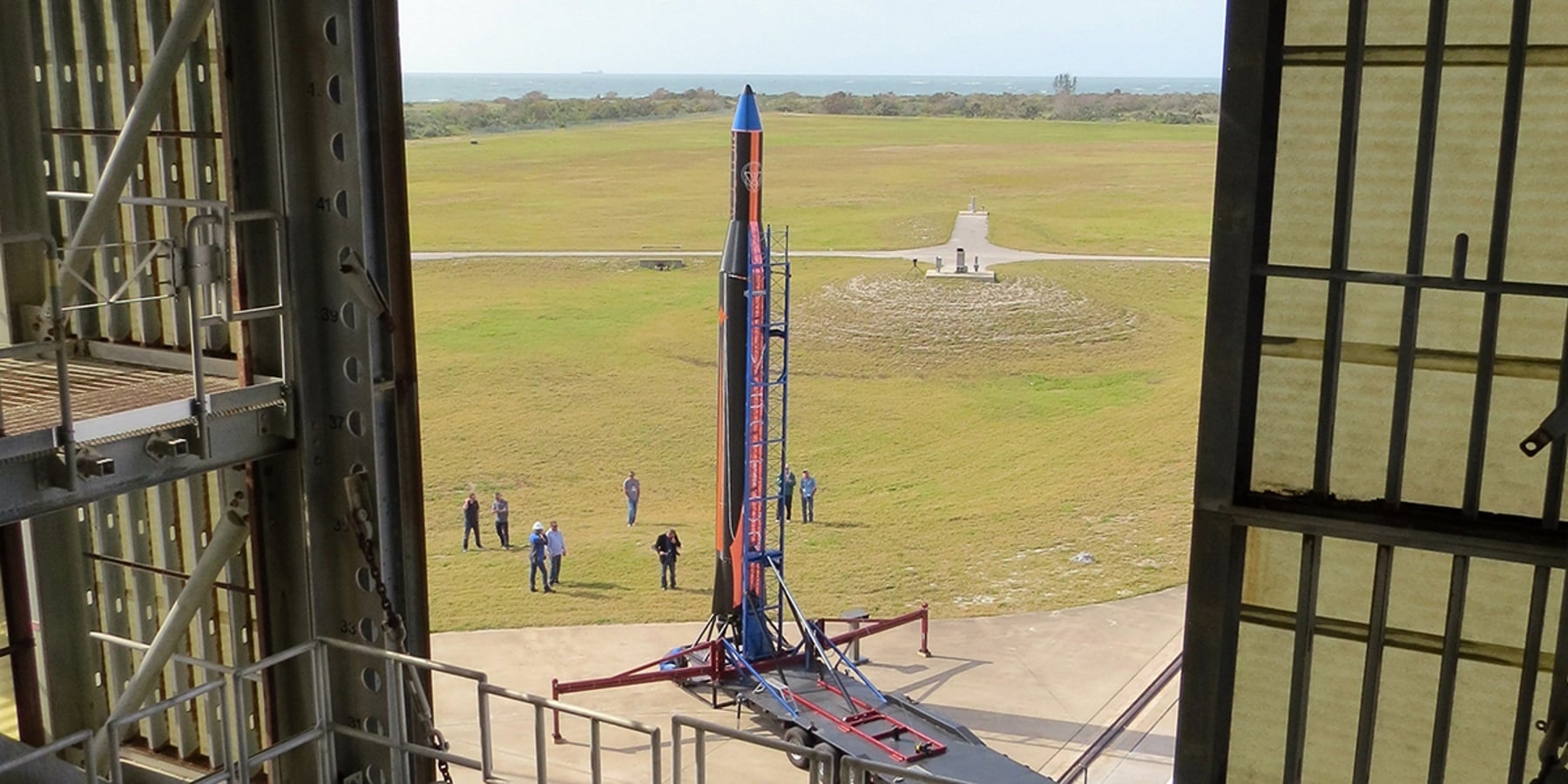Coal Ash Gets Attention As Georgia Legislative Session Begins

Coal ash, seen here in swirls on the surface of the Dan River in Danville, Virginia, is a byproduct from burning coal for electricity. Georgia Power has estimated that it has about 86 million tons of it in Georgia.
Gerry Broome / Associated Press
An environmental issue bubbled up in the first week of Georgia’s legislative session: Coal ash and how best to clean it up.
This isn’t the first year coal ash bills have come up in Georgia, but Democrats in both houses highlighted their new bills this week, calling attention to the topic.
The bills, which are similar, would require coal ash to be stored in facilities that are at least as secure as municipal landfills. The Senate bill is sponsored by state Sen. Jennifer Jordan, a Democrat who represents parts of Cobb and Fulton Counties. The House bill is sponsored by minority leader Bob Trammell, a Democrat from Luthersville.
Coal ash is a byproduct from burning coal for electricity. Georgia Power has estimated that it has about 86 million tons of it in Georgia. According to the U.S. Environmental Protection Agency, it can have contaminants like boron, arsenic, mercury and cadmium.
In the past, utilities have stored it in big open ponds, mixed with water, but after disastrous in North Carolina and Tennessee, the EPA introduced its first-ever coal ash rules in 2015. Soon after that, Georgia Power announced it would close all 29 of its coal ash ponds in Georgia, including ponds here in metro Atlanta, at Plant McDonough, which is in Smyrna.
Another coal ash bill that was introduced last session by Sen. William Ligon, a Republican from Brunswick, focuses on fees related to coal ash dumping. The state sets a fee that local governments can collect from dumping in landfills. For everything but coal ash, that fee is $2.50 a ton; for coal ash, it’s cheaper, at $1 a ton. Ligon’s bill would make coal ash cost the same to dump as anything else.








